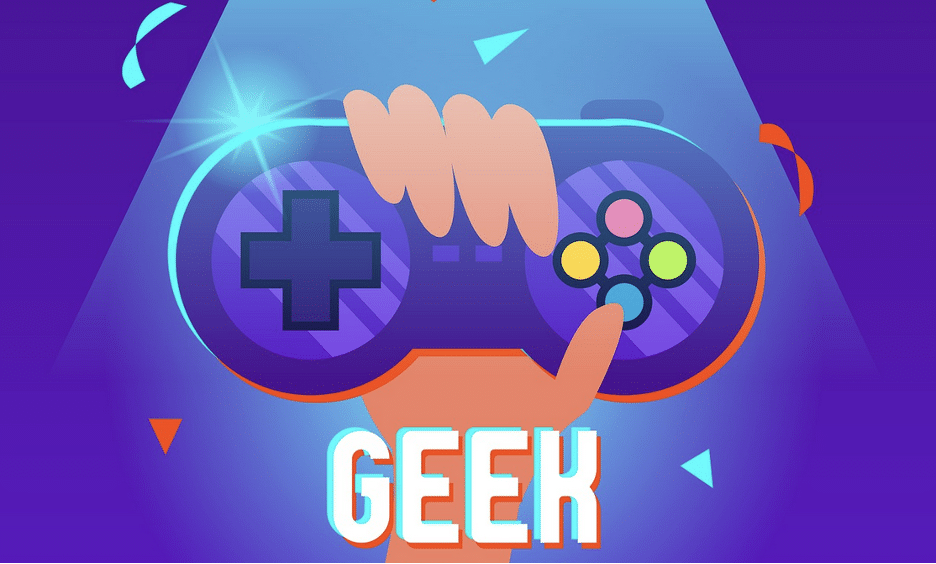
The debate still rages no matter how you slice or dice it. People want to know the answer: Are top gamers made or born? There are mixed opinions on this topic because some people have an innate ability when it comes to gaming. They have this intrinsic sense of the gaming world, core components, and mechanics.
There is that aspect that should be factored into the equation. Like math, science, the arts, languages, and others, there will be those with a natural affinity for these disciplines. It’s also true in gaming. Players who enjoy the gaming metaverse and its infinite possibilities are more likely to become proficient in their craft.
Truthfully, every game is constructed according to a framework. A set of rules defines every single game in existence. There are no games that have no rules because all games exist within a created structure (a program) that defines the borders, abilities, and aspirations of players. Therefore, this rules-based framework is conducive to learning.
Players who invest their time in gaming activities are likelier to enjoy a positive payback. This is often measured in terms of missions accomplished, rewards achieved, or bosses conquered. At its heart, gaming is invariably about employing different tactics and strategies to achieve desirable outcomes. These can be virtual or real, depending on the nature of the game.
The Poker Game Paradigm: Are Legends Born or Made?
In poker games, for example, players compete against one another to pursue the ranking poker hand. When you learn how to play poker, they first impress upon you the rules. If not for the rules, the game would not exist. In a standard five-card draw poker game, players are tasked with building the strongest possible five-card hand.
In Texas Hold’em Poker, you can do this by using either your two pocket cards (one or both) and the community cards or all of the community cards and none of your hole cards. It’s your call, player. Poker games rely on psychology. They often test a player’s understanding of what other players are thinking or planning to do.
The betting action in poker drives the narrative. Players may feel challenged when someone at the table goes all in. They may back down, or they may follow suit. It all depends on the individual’s nature in that particular situation. Whether real or virtual coins are used is irrelevant; poker is always about using scarce resources to drive the action.
If you’re a new poker player, you certainly don’t want to play every single hand that you are dealt. That is virtual suicide at the tables. Rather, be selective about the hands you play. The more you sit out and observe, the better a player you become.
When we observe the world’s leading poker players, it’s hard to believe that they weren’t always as good as they are. But the truth is, they weren’t that good to start with. They practiced and practiced and practiced. You learn more in poker from somebody who beats you than you do by beating somebody.
Poker Mirrors Life…
Poker is a mirror reflection of life’s challenges. In the game of life, as in poker, we’re all dealt whatever we’re dealt. We must use whatever we have, in tandem with society’s available resources, to create the best possible hand we can. Sometimes, we have nothing other than our personalities to get us ahead.
Perhaps we’re not holding a great starting hand, but we still want to participate in poker or life. So, we schmooze our way through the proceedings. In poker, that’s called bluffing. You create the impression that you are holding something other than what people think.
And we know that the accumulation of skills, abilities, and talents is a real thing in life. We may have a proclivity towards certain elements of poker, but it’s the work in the trenches that fine-tunes our skills to expectations. Therefore, we have to consider the learning aspect of becoming a better player as integral to the question before us.
All successful players have an aptitude for the following:
- Intense practice
- Mental fortitude
- Development of cognitive skills
- Highly adaptable and flexible
There is a genetic component to certain strategy-based games or games requiring a specific mindset. Certain cognitive abilities can certainly benefit gaming performance. But it’s more likely that exposure to and participation in games from an early age develops skills at an unprecedented clip. A player’s dedication, commitment, practice, and insatiable appetite for learning about games separate good players from great players.
Leave a Reply